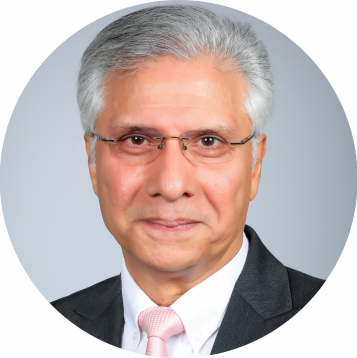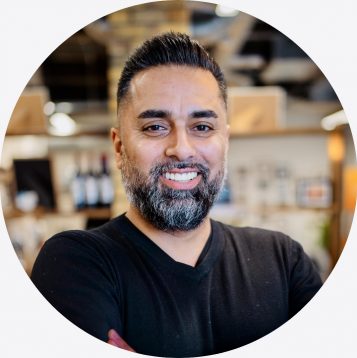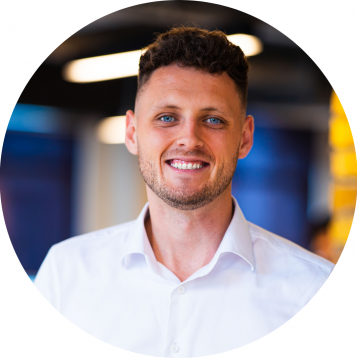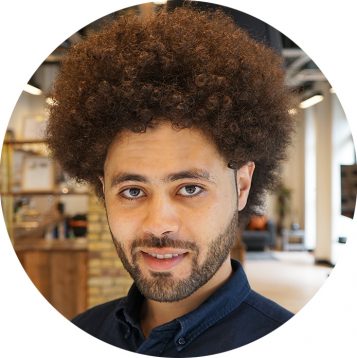The Kingdom of Saudi Arabia is at the forefront of digital transformation. On a mission to leverage new and emerging technology, to build a world we have only been able to imagine until now and creating unparalleled opportunities for organisations and individuals.
- A Visionary Crown Prince: Prince Mohammed bin Salman has an ambitious vision to modernise the Kingdom.
- 2030 Vision: seeks transformation around 3 pillars: a vibrant society, a thriving economy, and an ambitious nation.
- Giga development projects: such as NEOM, which is creating a new vision for urban living, while creating 380k jobs across 14 sectors.
For the next 3 years Saudi will be one of THE global hubs for investment and growth.
This was one of the key takeaways from the LEAP Conference – reflected and reinforced by the sheer size and scale of the award-winning technology event. Over 3 days, 100k tech innovators, leading experts, and disruptive technology professionals, joined forces to discover what’s next for technology and humanity.
In this article we share 5 important and linked takeaways from the LEAP Conference:
#1: data
Data has been described as “the new oil” and is an immensely valuable asset in its “refined” form. It is one of, if not the greatest asset an organisation possesses – able to provide valuable insights into customer behaviour, competitive differentiators, market trends, and operational efficiencies, among others. Data is also the ‘fuel’ to power next generation technologies and an essential enabler for digital transformation. For cognitive cities such as NEOM, data will be the bedrock that allows cities to function and deliver the ultimate citizen experience.
Consideration must be given as to how data is used, who owns the data, who has access to the data and how data is protected and kept secure. Furthermore, cognitive cities must address the issue of permission-based access and consent, as smart and cognitive technologies rely on access to data and information to provide a personalised, predictive and tailored service.
Therefore, we need to consider how to handle data regulations and processes that govern how data is used and leveraged as an asset, along with how it is secured and protected as a risk.
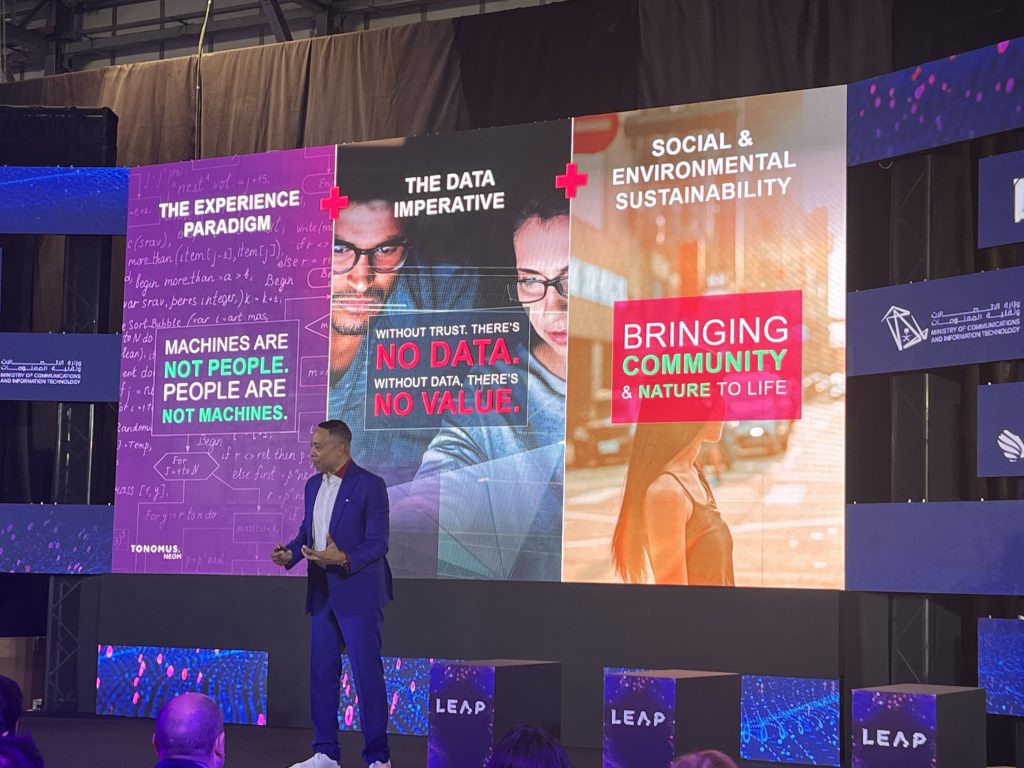
#2: cloud
Raw data is not where the value lies. It’s only once you refine and analyse that data to reveal and drive insights that it becomes valuable. The ability to take advantage of data to inform your decision making, is reliant on your end -to-end infrastructure.
With the right cloud-based infrastructure, you gain the capability to ingest and analyse large volumes of data on-demand. This allows you to realise the full benefit of your data for richer insights, which can be leveraged to deliver better outcomes. For a cognitive city, it means citizens can access information that helps them to prepare for tomorrow, as well as see what is happening in their city right now.
Helping to connect the dots within your data – securely and reliably – cloud is, and will continue to be, a key enabler to react and adapt quickly and to scale and grow your business. Successful organisations are and will be the ones that have a coherent and well thought through cloud strategy, to help understand priorities, requirements, and desired outcomes, enabling them to make the most of cloud capabilities and investments.
Throughout the conference there were strong commitments made by several major players to invest in cloud infrastructure as the enabler for future tech. These included:
- Saudi Government: $2.43bn, including $1bn from Saudi Arabia’s Riyad Bank, $1bn from Banque Saudi Fransi, and $430m from global companies to support The National Technology Development Program.
- Oracle: $1.5bn to build a third public cloud region in Riyadh.
- Microsoft: $2.1bn for a global superscalar cloud in the Kingdom.
- Huawei: $400m for cloud infrastructure for its services in the Kingdom.
#3: Metaverse
The Metaverse is the point at which digital, physical and social worlds collide. Within digital transformation, it has a hugely important role to play. For example, Nasser Bostan, Chief Data Integrity Officer at TONOMUS, announced to the audience at LEAP, “NEOM will have its own Metaverse and it will be the first Metaverse that will be a digital copy of the actual real NEOM.” Already, it is possible to visit and view structures (including apartments) in the Metaverse, despite the fact they aren’t yet built in the physical world. Additionally, the Metaverse is being used to validate assumptions and requirements for the city of the future.
The Metaverse is a powerful enabler, allowing us to ‘see’ an environment that may not exist in the physical world and make decisions about its future. It also allows us to blend these different worlds to deliver a seamless experience. For example, when the Kingdom is the host nation for the 2029 Asian Winter Games, using the Metaverse for tourism will enhance visitors’ experiences allowing them to interact with virtual representatives to book hotels, transport, restaurants, and tickets, amongst other things.
However, over the last 6 months, the acceleration in emerging and new technology has seen a step change in capabilities. The immersive nature of the Metaverse experience, will require networks more powerful than those that exist today. In addition, to create balance, which encourages the right behaviours, we need to consider how to ‘police’, manage and regulate virtual environments, to reflect the already established systems including:
- The physical world: protected by the Muṭawwaʿūn (police force).
- The social world: protected by new legislation that requires social media influencers to have a licence.
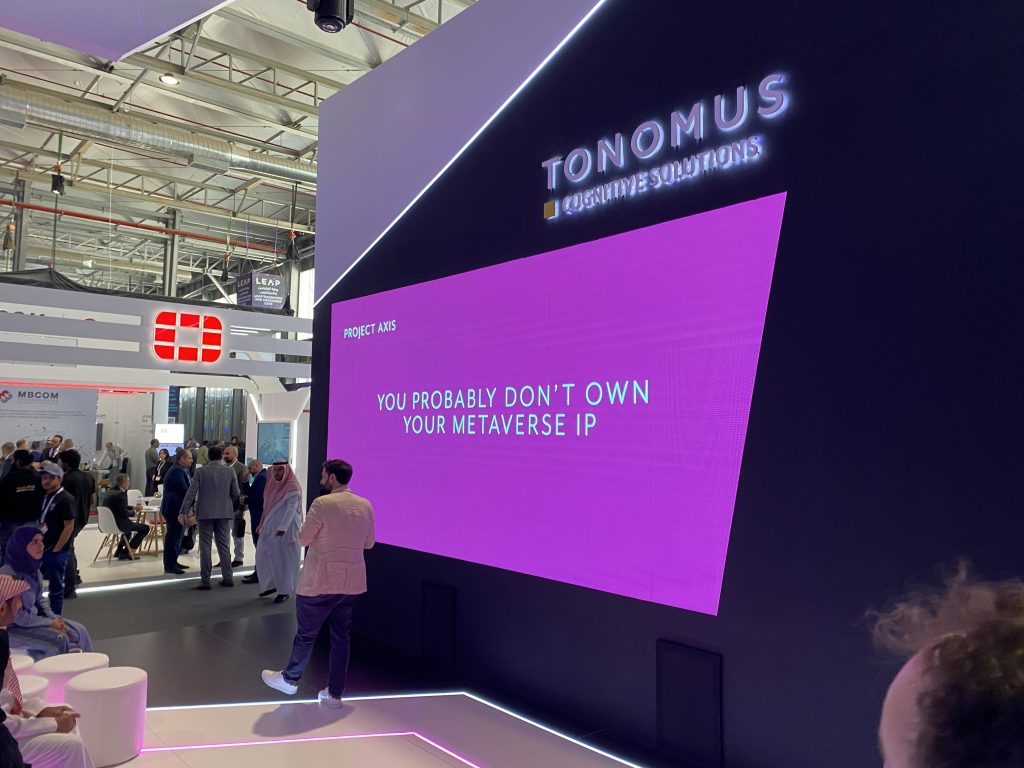
#4: AI and the future of work
How do you leverage ‘augmented’ and artificial intelligence to develop cognitive capabilities within your organisation?
It feels like in the last few months, driven by the emergence of AI language models, discussions around artificial intelligence have snowballed. From something that helps to drive efficiencies and productivity, provides predictive capabilities, can enhance security and safety and provide personalised and tailored solutions, to one that could displace jobs, has the potential for bias, presents privacy concerns and raises questions around accountability in the decision-making process of AI, there are a wide range of views.
Used and developed in the right way, AI may not be viewed as a threat, but as a critical enabler for the future. Tools and models such as ChatGPT, have the ability to revolutionise roles, processes, organisations, industries and indeed cognitive cities.
Will.i.am (American rapper, singer, songwriter, actor, and record producer) made an interesting point at LEAP in response to the threat of ChatGPT to traditional education methods. Referring to the fact that the approach to education has not changed for decades, he introduced the concept of an ‘age of forever learning’, where tools such as ChatGPT have huge potential to support professional development when individuals use them as agents for insights and learning.
As mentioned above, consideration must be given as to how we avoid issues such as cognitive bias. The Kingdom is already taking steps in this area, in September 2022, a public consultation was announced for 7 AI Ethics Principles, which would help to minimise cognitive bias through the development life cycle. These include ‘humanity’, ‘transparency & explainability’, and ‘accountability & responsibility’.
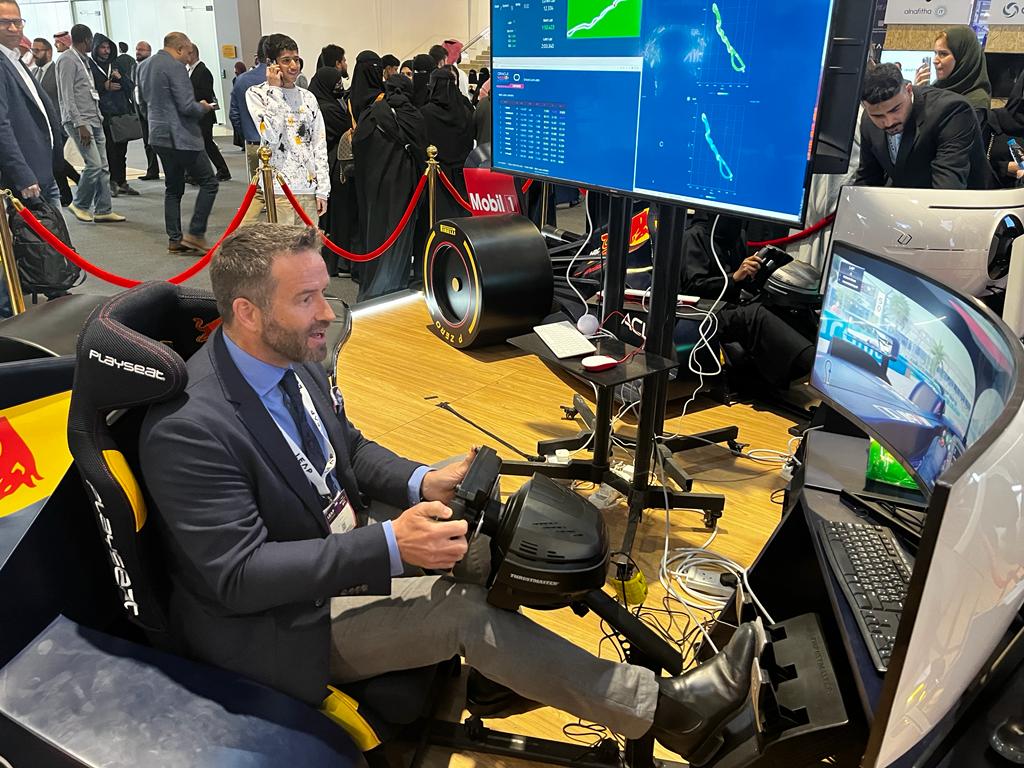
#5: cognitive cities
Whilst smart cities are nothing new, the concept of cognitive cities is. In 2021 the smart cities market size was valued at $511.1bn and the potential for cognitive cities could be even bigger. One key differentiator of cognitive cities is their predictive nature. Whereas smart cities promote the efficient use of physical infrastructure, such as smart electricity metering, cognitive cities can use data to ‘predict the future’, – for example, informing residents when the best time to drive to the office is, so they avoid traffic and congestion.
The Kingdom is, and will be, home to several cognitive cities. With its giga development projects, when building from scratch, the opportunity exists to get the infrastructure and platforms right from the start – rather than trying to retrofit technology to infrastructure that already exists.
Cognitive cities aim to make use of 95% of consent data, compared to just 5% that is leveraged by smart cities. Therefore, to deliver a seamless end-to-end citizen experience, cloud and data will be critical enablers for cognitive cities becoming a reality.
An enabler to navigate future tech
Technology enables transformation, but the key is to understand what will best help an organisation to achieve its specific outcomes. Another critical piece of the puzzle is having the right skills and capabilities to develop and execute the strategy to deliver sustainable change.
This is where Sullivan & Stanley (S&S) can help.
When you need to ensure successful change and bridge the gap between strategy and execution, S&S can support your transformation. We accelerate your progress and delivery, bringing your people on the cultural journey of change, and seamlessly working across multi-vendor environments.
Our team has extensive knowledge and experience working in MENA and our approach is simple:
- Access world-class experience: our global Change Society has over 1,000 associates. This includes 250 world-class executives with an average of 15-25 years of operational and transformational experience.
- Capabilities on-demand: deploy our capabilities as required during your project/programme lifecycle and take advantage of our flexible delivery models.
- Embed experienced capability: we work alongside your leadership and delivery teams to enable the successful delivery of your desired outcomes.
- Education through execution: we marry up capability enhancement and upward education with leadership to be able to create sustainable change.
- Client-side delivery partner: we co-create tangible and sustainable business benefits in all the work we do.
- Customer-first mindsets: we put people at the heart of any transformation. Combined with our technology agnostic approach, this enables the right digital transformation journey to achieve your desired outcomes.
Find out more about what we do.





























